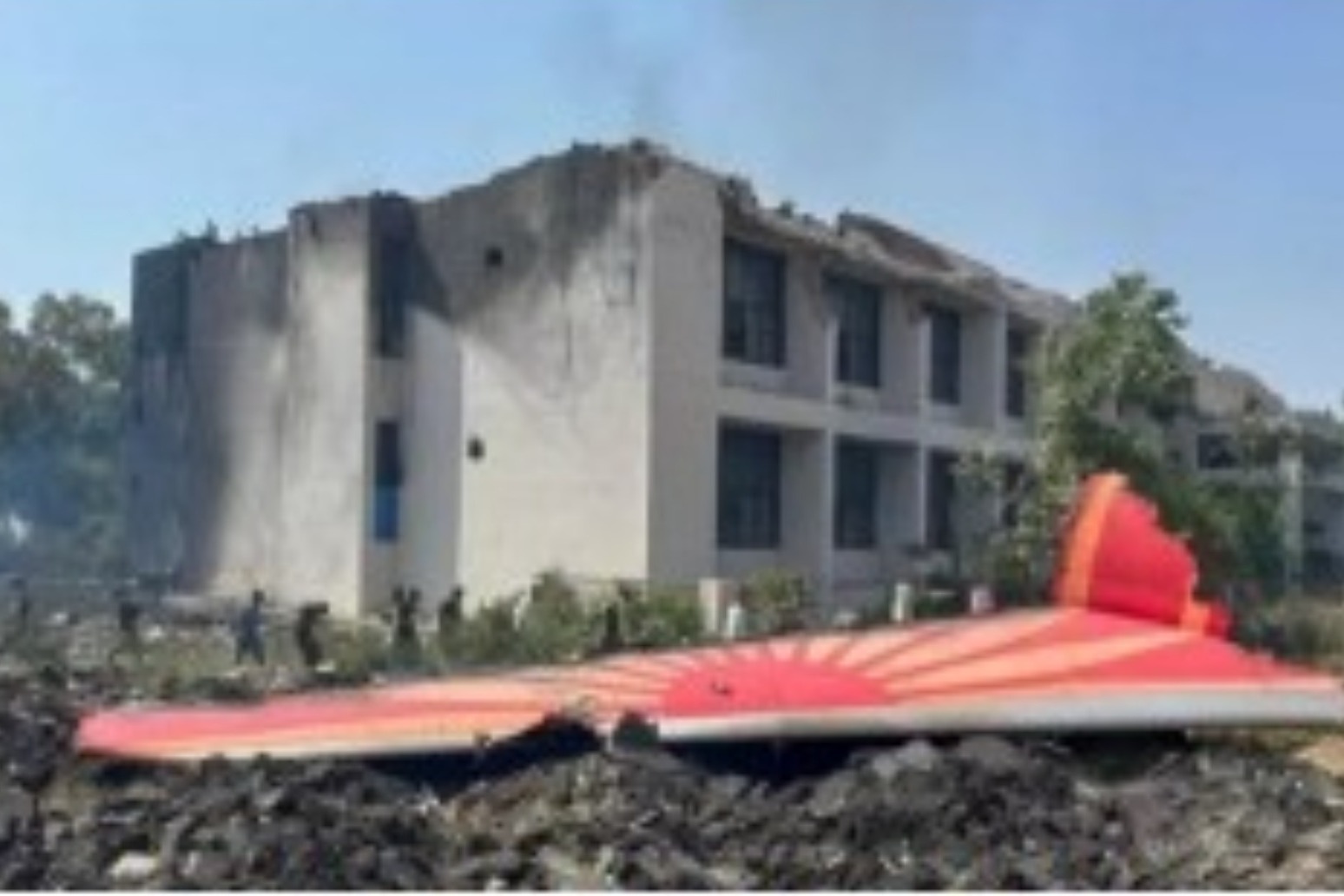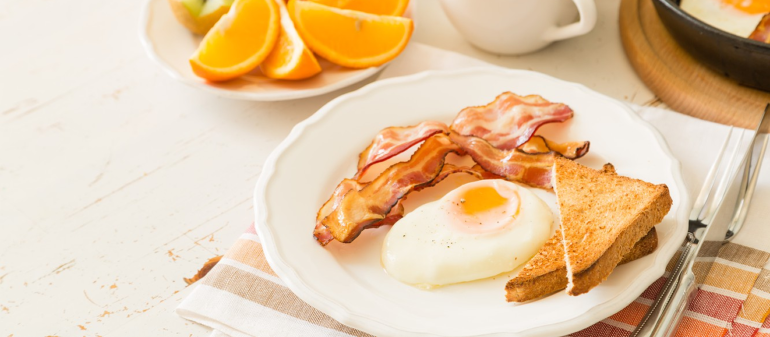Listeners:
Top listeners:
-
 play_arrow
play_arrow
Rother Radio (128K) Love Local, Love Music!
-
 play_arrow
play_arrow
Rother Radio (64K) Love Local, Love Music!
-
 play_arrow
play_arrow
Rother Radio (South Yorkshire) (64K) Love Local, Love Music!
-
 play_arrow
play_arrow
Rother Radio (South Yorkshire) (128K) Love Local, Love Music!
-
 play_arrow
play_arrow
Rother Radio (Doncaster) (64K) Love Local, Love Music!
-
 play_arrow
play_arrow
Rother Radio (Doncaster) (128K) Love Local, Love Music!
-
 play_arrow
play_arrow
Rother Radio Xmas Love Local, Love Music!
-
 play_arrow
play_arrow
Rother Radio – Special Announcement Love Local, Love Music!
Remains of some British Air India crash victims wrongly identified, lawyer says
today23/07/2025


The repatriated remains of some of the British victims of the Air India crash were wrongly identified, a lawyer has said, with grieving families left struggling to say goodbye to their loved ones.
The London-bound Boeing 787 Dreamliner crashed into a medical college shortly after taking off from Ahmedabad Airport on June 12, killing 241 people on board.
Some 169 Indian passengers and 52 British nationals were killed, making it one of the deadliest plane crashes in terms of the number of British fatalities.
Aviation lawyer James Healy-Pratt, whose firm Keystone Law is representing more than 20 British families who lost loved ones in the disaster, said relatives of one victim found out a casket contained “co-mingled” remains, while a different family were told a coffin contained the body of someone else entirely, not their loved one.
Mr Healy-Pratt, who is a partner at the firm, said the mistakes emerged after the “sterling efforts” of senior coroner for Inner West London, Dr Fiona Wilcox, who “picked up DNA anomalies” at the beginning of the repatriations.
“In the first two caskets that were repatriated, in one of the caskets, there was co-mingling of DNA which did not relate to the deceased in that casket or the casket that accompanied it and so that’s what alerted her and her team to the fact there was a serious problem,” he told the PA news agency.
“My understanding was that the co-mingling was at the very beginning, which alerted Dr Wilcox to the fact that she had to be 100% assiduous about checking the identification of the incoming remains.
“She was then able to determine that one particular loved one was not at all who the family thought they were.”
The family of three British victims who were buried in India after the crash said there was a “clear lack of transparency and accountability” in how the identification and repatriation of victims was handled.
Relatives of Akeel Nanabawa, his wife Hannaa Vorajee and their four-year-old daughter Sara Nanabawa said in a statement: “Recent developments have only confirmed what many feared: that serious mistakes may have been made, and that the dignity and rights of victims and their families were not safeguarded as they should have been.
“In our case, we are confident that we received the correct bodies, based on the hospital’s assurances, autopsy reports, their clothing and the personal belongings we recovered.
“But our concern now is not limited to ourselves. We are deeply troubled by what this means for other families who may still be searching for certainty and closure.
“This isn’t just a personal tragedy; it is a collective one. And the mishandling of such a sensitive process speaks to a wider failure between the British and Indian authorities to act with care, co-ordination and respect.”
It is understood no blame is being put on any UK agency for the blunders, Mr Healy-Pratt told PA.
“We know that they were not allowed anywhere near the DNA identification chain of custody link to the caskets,” he said. “That was the Indian authorities, that’s what we understand.
“But nobody’s actually laid that out formally for families to look at and review, and that’s what we want – explanations by the Indian government about who was in charge of that chain of custody, why were there the massive mistakes that were made and, the important thing, how do the families know that there aren’t other remains of their loved ones in a fridge in an Indian hospital?”
The lawyer said he believes the mistakes will be on the agenda for Prime Minister Sir Keir Starmer’s talks with his Indian counterpart Narendra Modi on Wednesday and Thursday.
Mr Healy-Pratt added: “Somebody has to take responsibility in India for this massive screw up and then they actually have to ensure that they can give proper assurances to the families that the job has been completed and done properly.
“The hierarchy of needs of these families in air crashes, it’s always the same.
“The first thing they want is their loved ones back so they can say goodbye to them; the second thing is they want to know how their loved ones died; third thing, they want to prevent further deaths so that all depends on getting number two right; and then number four, it will be some form of financial justice.”
His firm has demanded a written explanation from Air India, including on the involvement of their contractors Kenyon International Emergency Services.
PA has approached Air India’s parent company, the Tata Group, and Kenyon Emergency Services for comment, as well as No 10 and the Foreign Office.
Mr Healy-Pratt understands 12 bodies have been repatriated to the UK.
He is investigating the identification mistakes but is also tasked with representing families at inquests, investigating the causes of the accident, taking High Court legal action in England against Air India and taking action against Boeing in the US courts.
Besides those on board AI171, another 19 people also died and 67 were seriously injured.
The only surviving passenger on the plane was Briton Vishwash Kumar Ramesh, who previously told The Sun it was a “miracle” he was alive but felt “terrible” he could not save his brother Ajay.
A preliminary report into the incident from India’s Aircraft Accident Investigation Bureau found both of the plane’s fuel switches moved to the “cut-off” position “immediately” after take-off, stopping fuel supply to the engine.
It has sparked questions over whether the crash was deliberate.
A spokesperson for the UK government said: “We understand that this is an extremely distressing time for the families, and our thoughts remain with them.
“Foreign Office staff continue to support the families and loved ones in line with our consular remit. We have allocated dedicated caseworkers to each family who wish to have one, and Family Liaison Officer support remains in place for those who requested it.
“Formal identification of bodies is a matter for the Indian authorities. We continue to liaise with the government of Gujarat and the government of India on behalf of the Inner West London Senior Coroner to support the coronial process.”
Published: by Radio NewsHub
Written by: Radio News Hub
Similar posts
Now Playing
Now playing: -
On Air Now

Early Breakfast
The best variety of hits, non-stop!
The early bird catches the worm and they also get the best variety of hits!
closeSponsored
Weather
Upcoming Local Event
Latest from Facebook
Search Rother Radio
Contact Us
- https://www.rotherradio.co.uk
- 01709 257 175
- studio@rotherradio.co.uk
About Us
Rother Radio – Love Local, Love Music! → Discover more
Our Partners
Rother Radio is owned by Rotherham Broadcasting CIC







